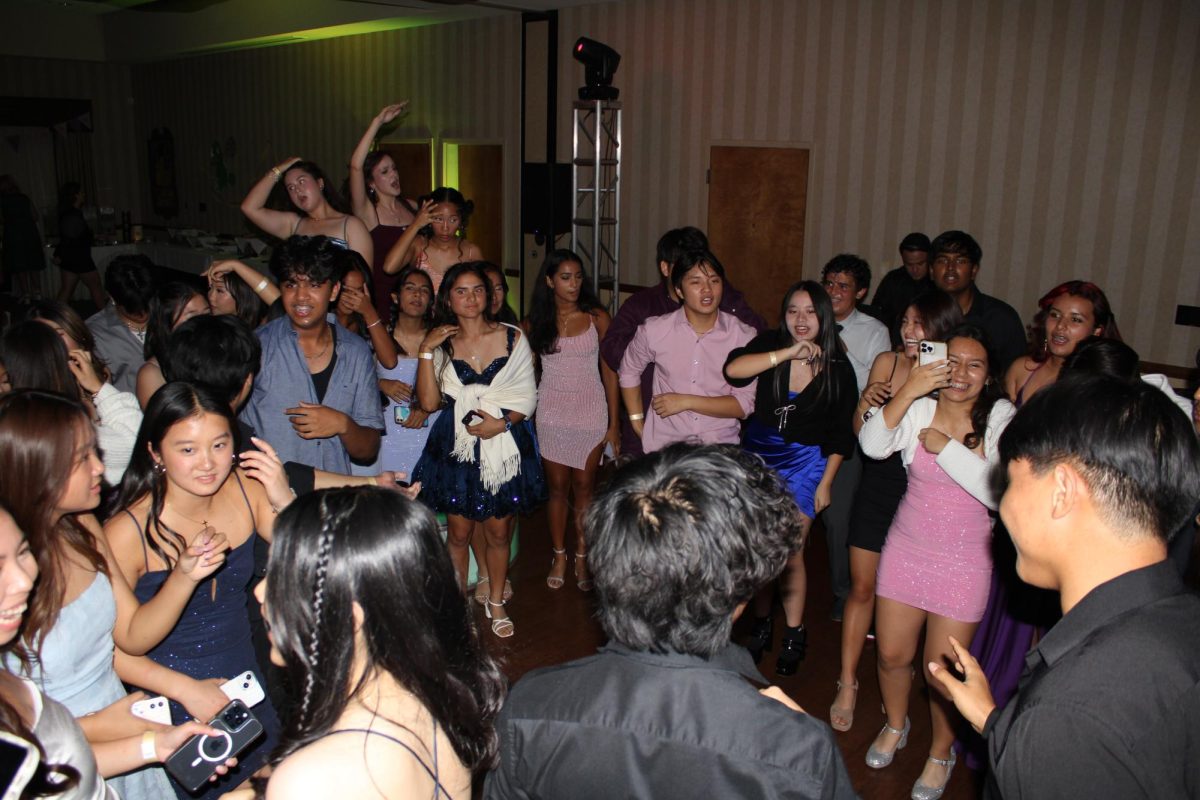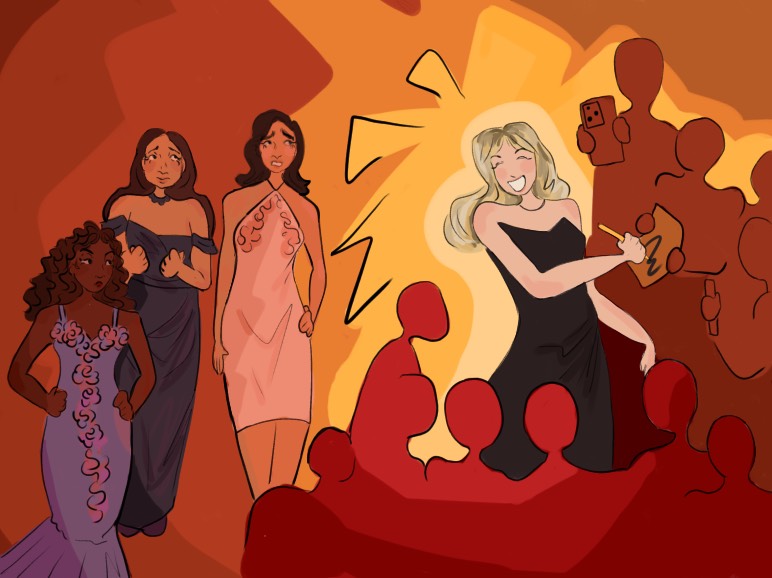As Hollywood attempts to spotlight its female actresses during Women’s History Month, the double standards are strikingly obvious for women of color in comparison to their white counterparts. Women of color are continuously overshadowed by white women and are forced to put in increased effort for the same recognition.
The disparity between the white female creative and the creative woman of color is evident. White women stand as a cynosure in entertainment, while women of color are left overlooked for their contributions.
When “Mean Girls” star Rapp’s unfiltered comments slamming a touring bus owner sparked virality, the White actress was praised for her candid, nonchalant “lack of media training.” Yet, Colombian-American actress Zegler, lead of the upcoming live-action “Snow White,” faced immense hate online for critiquing the original Disney film’s dated, problematic view of women, as well as its love story-centric narrative. Zegler’s comments spurred an outpour of racist comments from purists, calling for her removal from the role. While Rapp’s crass attitude propelled her as a niche pop icon, Zegler’s reputation was marred by controversy for her negative and smug attitude online.
The two young actresses are similar in their authenticity, yet separated by race — Rapp, blonde and white, physically embodies her character as “Mean Girls” villain Regina George, while Zegler is Latina, and has been scrutinized for not mirroring the original Snow White’s eurocentric features. Zegler faced hatred for being “condescending,” in her critiques against the original film, yet her comments were not as glaringly egregious as the fractions inferred. Women of color, like Zegler, are inherently held to a higher standard than White women — reduced to negative caricatures if they do not follow contradictory standards.
Meanwhile, while the Oscars added representation to its fields after years of notoriety without it, many claimed “Barbie” was snubbed, particularly with Margot Robbie’s exclusion from the lead female actress nomination and the movie lacking a best director nomination. White feminism in the public caused this backlash to overshadow the Academy’s nods to actress America Ferrera — whose speech is considered the heart of “Barbie” — and Lily Gladstone making history as the first Indigenous nominee for Best Actress. “Barbie’s” success is a culmination of the entire film crew, yet audiences failed to discern this apart from director Greta Gerwig’s and Robbie’s roles. Instead of giving recognition to Ferrera for her significant role celebrating Gladstone’s groundbreaking achievement, Gerwig and Robbie’s lack of nominations overshadowed trailblazing nominations, downplaying women of color’s achievements and centering white women.
Instead of tearing down women, Hollywood must embrace the groundbreaking accomplishments of women of color and dismiss the racist, misogynistic narratives that hinder them from receiving the respect they deserve.































































